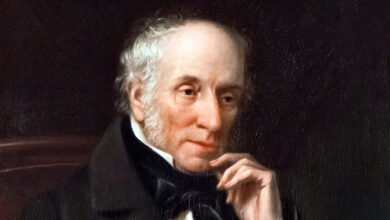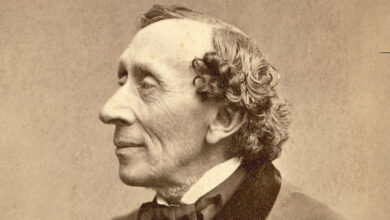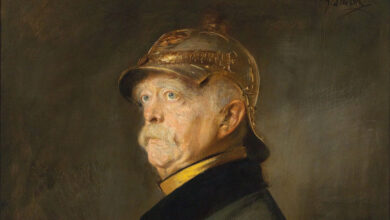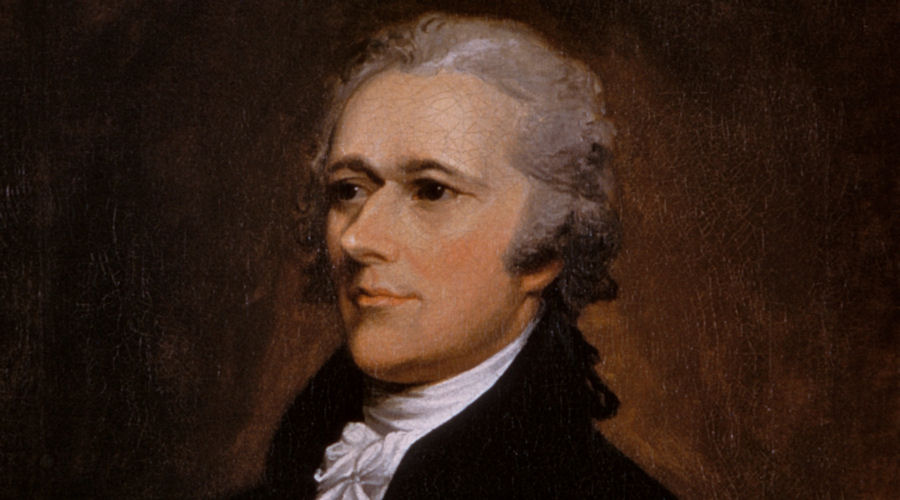
Podcast: Play in new window | Download
Subscribe: Spotify | Amazon Music | Youtube Music | RSS
“A national debt, if it is not excessive, will be to us a national blessing.” – Alexander Hamilton.
Alexander Hamilton was one of the founding fathers of the United States of America. He was heavily involved in promoting the US Constitution in addition to founding the nation’s financial system, The US Coast Guard, and the New York Post.
Alexander Hamilton was born on 11 January 1757 in the British West Indies in the Caribbean, on the island of St. Kitts and Nevis. He was cared for by an older cousin as a child, due to the death of his mother and the fact that his father had abandoned them, and then afterward, by an affluent merchant family.
Unfortunately, because Hamilton’s parents had not been legally married, the church of England did not allow Alexander or his brother James to be members of the church, or to have an education in the church school. Instead, they had private tutoring and classes in a school managed by a Jewish headmistress. He was also partially self-taught thanks to his family library which contained 34 books.
Alexander Hamilton became a clerk at an export store and during this continued to enjoy reading which later led to an interest in writing. However, it wouldn’t be long before he sought a life away from the island and eventually moved to New York.
Early on it was easy to see that he had the potential for success due to his intelligence, and a group of local men from New York City sponsored him to travel and pursue education.
For his formal education, Alexander Hamilton went to Kings College which is now Columbia University and he decided to stay in the original 13 colonies.
In 1764, there was much dispute about the New York region being divided. This dispute between New York and New Hampshire later resulted in the state of Vermont. Throughout this time, arguments went back and forth about who the territory belonged to but Alexander Hamilton was an advocate of Vermont becoming a state in its own right.
In 1774 a clergyman for the Church of England called Seaberry, published some pamphlets which promoted the Loyalist cause. Alexander Hamilton responded anonymously, which was the start of his political writings. He was a long-time supporter of the revolutionary cause even before the war and in 1775, Hamilton was credited for saving the Loyalist college president Myles Cooper from a mob by giving a speech to the mob long enough for Cooper to escape.
Following his graduation, Alexander Hamilton was influential in the American Revolutionary War, and became involved with a militia and enjoyed combat and command of soldiers in particular. He worked with George Washington on several missions to communicate plans to Washington’s generals, but the more he worked with him the less chance he got to be involved in the fighting. Hamilton’s desire to return to combat and command began to intensify as the war was winding down as he knew he would have fewer and fewer opportunities for military glory. He even threatened Washington, stating that he would resign if he did not get his desired command. In 1781, Washington relented and assigned Hamilton to be commander of a New York infantry battalion.
Once the war was over, Alexander Hamilton was elected to represent the Congress of the Confederation from New York. After this, he started to work in law, as well as establishing the Bank of New York which eventually became one of the oldest functioning banks in US history, being in business independently for over 220 years. It is known today as BNY Mellon.
Alexander Hamilton felt dissatisfied with the present national government and desired for the Philadelphia convention to create a new constitution. He was very active in Philadelphia and wrote the majority of the Federalist papers, which even now are the single most important source to interpret the Constitution. He did not do this alone, however, as the Federalist papers began as a series of essays written by Alexander Hamilton, John Jay, and James Madison. He wrote under the pseudonym ‘Publius’, a Latin name translating as ‘of the people’, attempting to represent that these were not his views alone.
In an additional financial escapade, apart from founding the longest running bank, Alexander Hamilton also helped establish the US Mint, proposing the concept to the House of Representatives in 1791. In 1792, his ideas were adopted by Congress and ultimately resulted in the creation of the US Mint. While Alexander Hamilton was Treasury Secretary, different political groups began to emerge, initially in opposition to Hamilton’s financial stances. Hamilton and those who supported him started to refer to themselves as ‘The Federalists’. Their opposing party, which for a while was the Democratic-Republican Party (and now is the Democratic Party) was then simply known as Republicans.
In terms of his personal life, he met Elizabeth Schuyler in the winter of 1779 and married her in 1780. Together they had eight children, two of whom were named Philip. Religiously, Alexander Hamilton grew up orthodox and conventional Presbyterian, even writing some hymns which were published in the local paper at the time. In college, his roommate Robert Troup said that Hamilton would pray on his knees morning and night. Others said that Hamilton lost his youthful religiosity in the Revolution, becoming a conventional liberal and an irregular churchgoer at best. However, in his later life, he went back to religion.
He was very respectful of the Jews, most likely as a result of his early school days and growing up in a Jewish community. When he was young, he learned Hebrew and could say the Ten Commandments in their original language. Hamilton also believed that slavery was morally wrong, a very bold position at the time.
Hamilton died on 12 July 1804, at only 47 years of age. His legacy, however, lives on, particularly through the Federalist Papers which remain extremely influential and are used in modern day court decisions. Not only the Federalist Papers but his time as Secretary of the Treasury continue to influence the US government.
Podcast: Play in new window | Download
Subscribe: Spotify | Amazon Music | Youtube Music | RSS
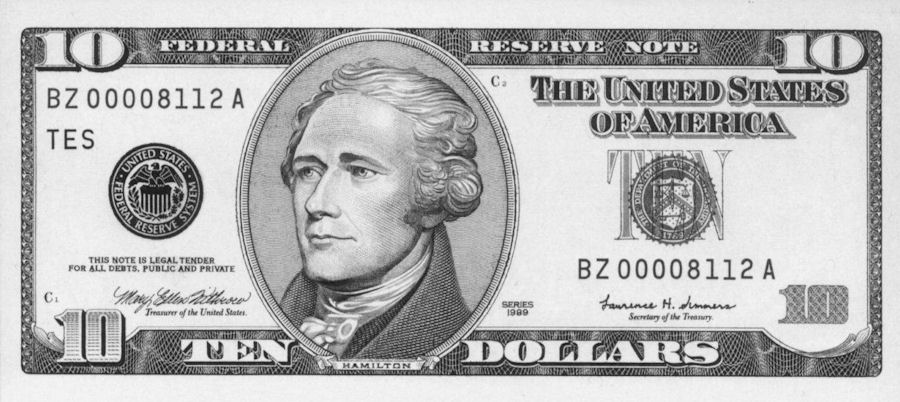
He has been memorialized in many ways including his representations on more denominations of US currency than anyone else, which seems fitting considering his influence in establishing the Mint. Currently, he is featured on the US $10 bill and has been since 1928. His views on civil rights along with his many other decisions and writings at a pivotal time in US history leave us with a lasting legacy from Alexander Hamilton.


